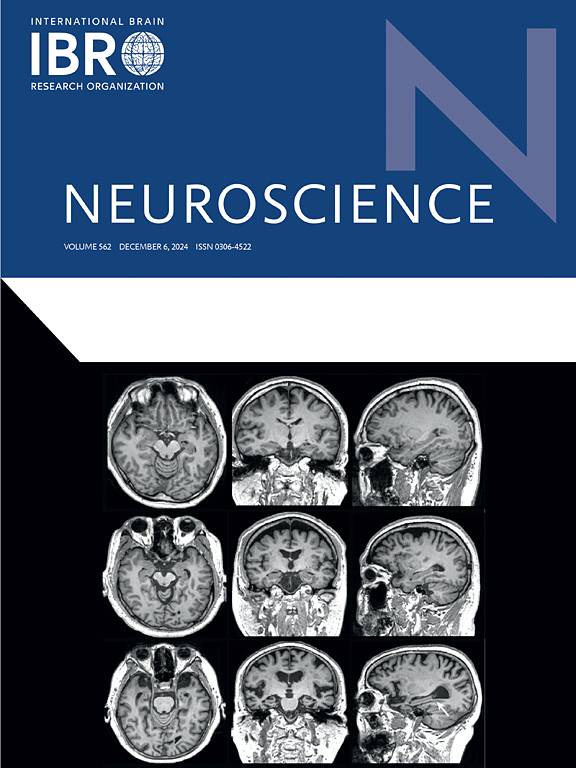Postnatal sleep restriction in male mice impairs the development of parvalbumin-positive neurons in the prefrontal cortex and increases anxiety-like behaviour
IF 2.9
3区 医学
Q2 NEUROSCIENCES
引用次数: 0
Abstract
Sleep is crucial for maintaining homeostasis and is conserved across the animal kingdom. Sleep restriction has emerged as a significant health concern, particularly in adolescents and adults. In infants and children, it is linked to disrupted brain development, impaired social-emotional growth, deficits in executive function, and increased anxiety and depression. However, the precise biological mechanisms remain unclear. This study aimed to investigate the effects of sleep restriction on parvalbumin (PV)-expressing inhibitory interneurons, which mature postnatally, and to clarify some of the developmental consequences of sleep restriction on brain function. Three hours of sleep restriction was induced daily from postnatal day (P) 10 until P14, P21, and P28. Behavioural abnormalities were assessed on P21, followed by brain histology and behavioural recovery analysis after sleep restoration. Our results showed that sleep restriction did not alter the development of PV-positive neurons in the somatosensory cortex or amygdala but significantly reduced PV-positive neurons in the prefrontal cortex. Moreover, sleep-restricted mice exhibited increased anxiety-like behaviour at P21. Upon sleep restoration, adult mice showed reduced activity in the open field test, indicating a persistent effect of early-life sleep restriction. These findings suggest that sleep restriction during postnatal development selectively affects certain brain regions, with potential long-lasting consequences. Early intervention to mitigate sleep restriction’s impact on brain development may be crucial for reducing neurodevelopmental deficits.
求助全文
约1分钟内获得全文
求助全文
来源期刊

Neuroscience
医学-神经科学
CiteScore
6.20
自引率
0.00%
发文量
394
审稿时长
52 days
期刊介绍:
Neuroscience publishes papers describing the results of original research on any aspect of the scientific study of the nervous system. Any paper, however short, will be considered for publication provided that it reports significant, new and carefully confirmed findings with full experimental details.
 求助内容:
求助内容: 应助结果提醒方式:
应助结果提醒方式:


